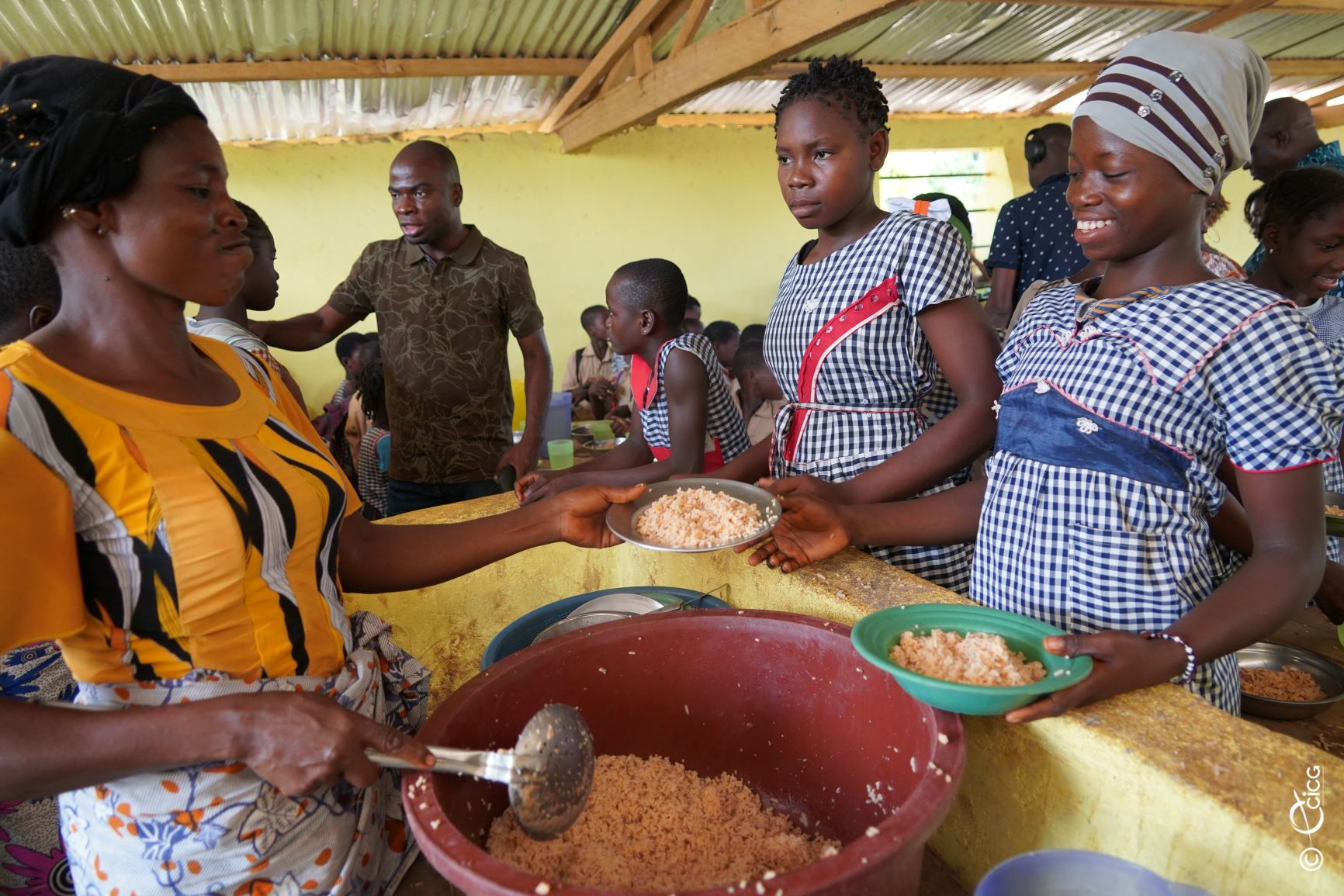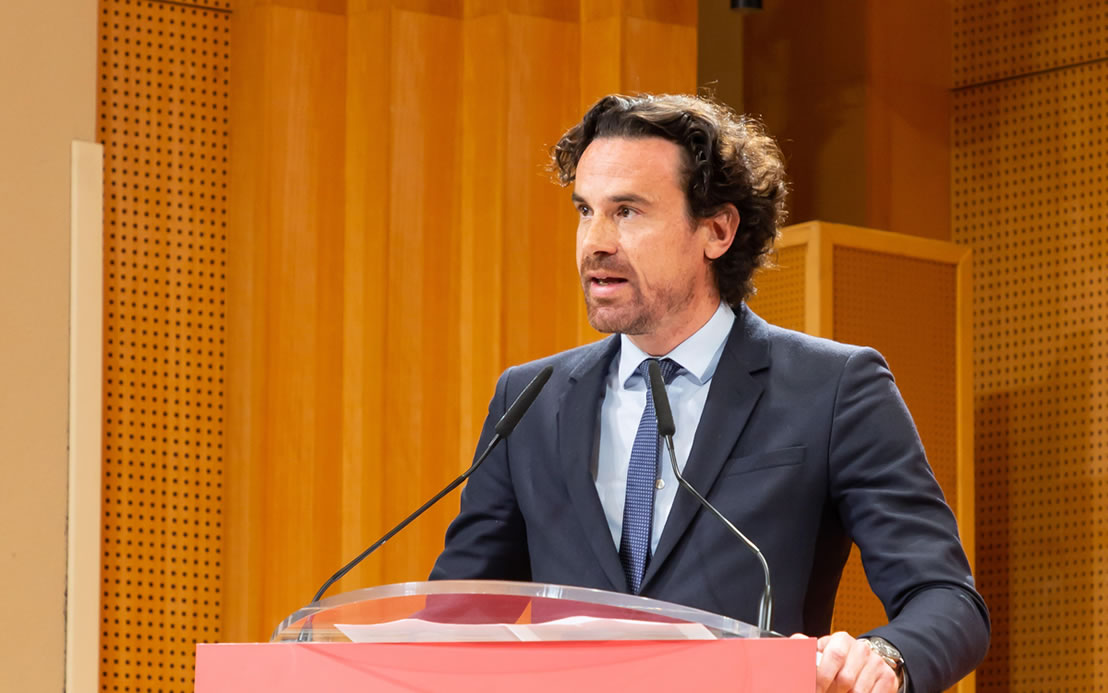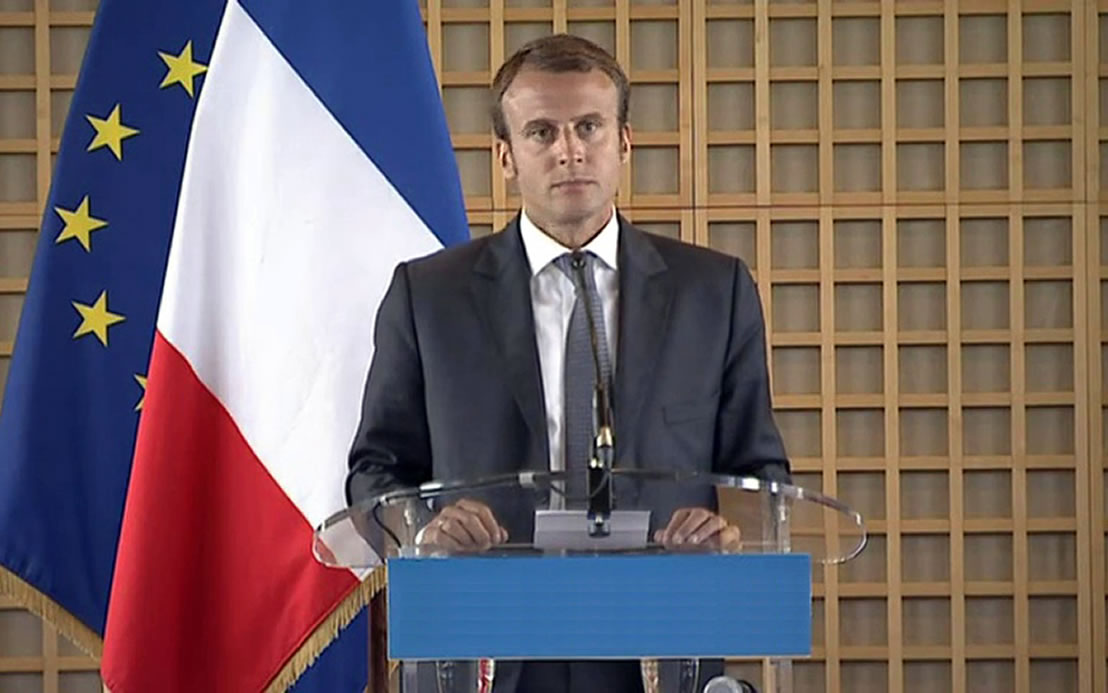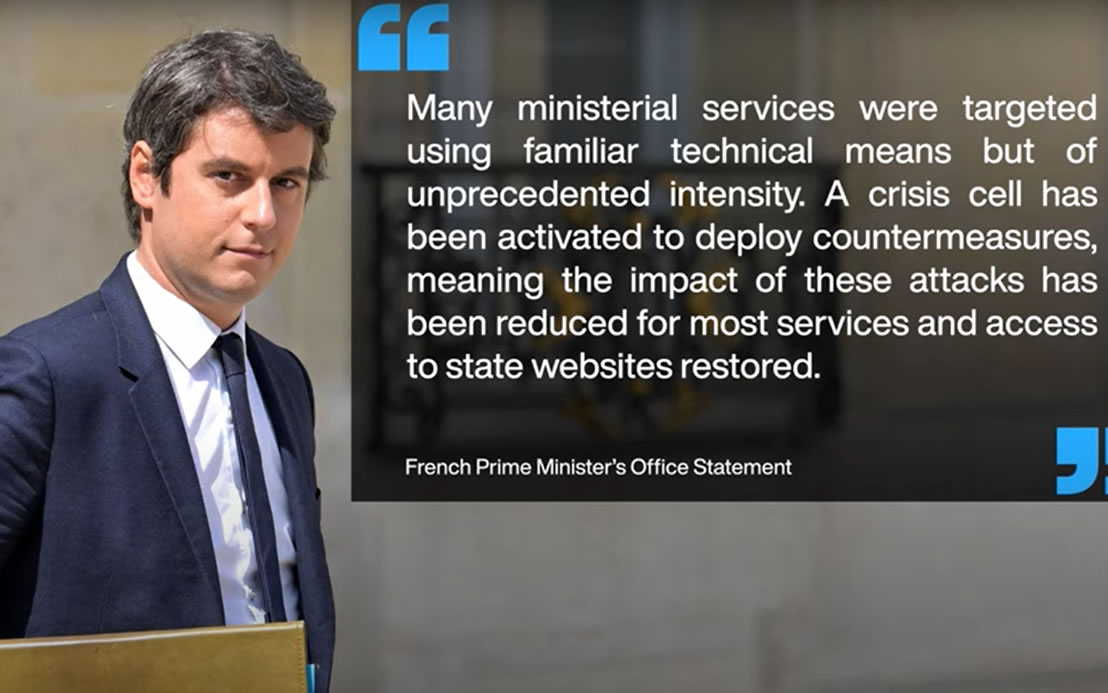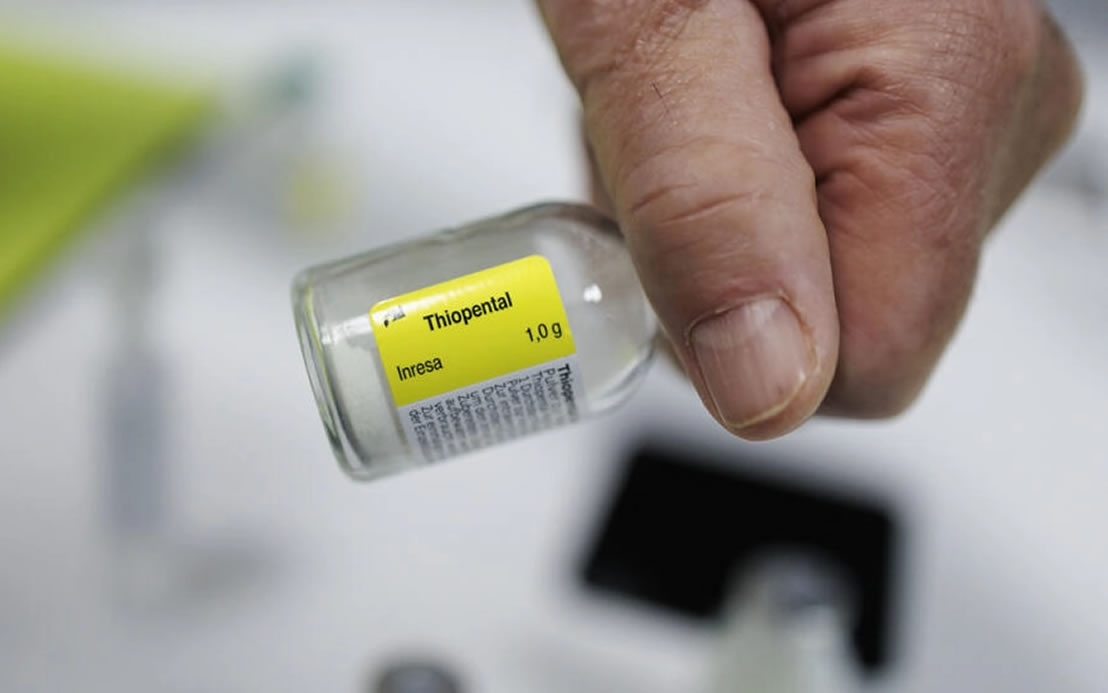The regulation of prices and consumer protection in Ivory Coast is a critical economic issue, particularly during religious periods such as Ramadan and Lent, when demand for essential goods rises sharply. The Ministry of Commerce and Industry, along with the National Council for the Fight against the High Cost of Living (CNLVC), has intensified field inspections to ensure the availability of key consumer products at regulated prices. Major wholesalers and retailers in Abidjan have been found compliant with government-imposed price caps on sugar, oil, rice, tomato paste, and pasta. This initiative protects consumers from inflation while stabilizing market conditions. However, challenges remain, including enforcement of price controls in smaller markets, stock shortages, and potential hoarding by traders. Addressing these concerns is crucial for maintaining economic stability and ensuring food security for the population.
Key Concerns Addressed
- Inflation risks affecting essential consumer goods.
- Enforcement of price caps in both large stores and local markets.
- Stock shortages that may arise due to high demand.
- Hoarding and speculation by unscrupulous traders.
- Impact on wholesalers and retailers who must balance costs and compliance.
- Consumer awareness regarding their rights and price reporting mechanisms.
- Government monitoring to ensure sustained compliance.
- Economic strain on low-income households during religious observances.
- Potential smuggling of subsidized goods to neighboring countries.
- The long-term sustainability of government intervention in price regulation.
Government Measures to Ensure Price Regulation and Consumer Protection
1. Implementing and Enforcing Price Caps
Price regulation and consumer protection in Ivory Coast are reinforced by the government’s commitment to capping essential goods' prices. During Ramadan and Lent, prices of staple foods are monitored closely to prevent artificial inflation. Supermarkets and wholesalers like Cosmos, Socofrais, and ESF have been inspected to ensure adherence to these regulations. Consumers benefit from lower costs, while businesses maintain stable trade relations.
2. Strengthening Market Monitoring and Compliance
To prevent stockpiling and price manipulation, authorities conduct unannounced visits to markets. Inspections confirm that price ceilings are respected, with some retailers even offering goods below the regulated caps. Government agencies also monitor product availability, ensuring that stock levels remain sufficient throughout peak demand periods.
3. Supporting Low-Income Households Through Consumer Protection Policies
Food affordability remains a priority in Ivory Coast’s economic strategy. Price caps directly benefit low-income families by preventing excessive price hikes. The government’s toll-free number (1343) and the "Citizen Control" application allow consumers to report price violations, ensuring swift intervention against exploitation.
4. Addressing Challenges in Supply and Distribution
While price caps help stabilize markets, challenges such as distribution inefficiencies and logistical constraints persist. Some wholesalers may struggle with import costs, potentially affecting stock levels. The government collaborates with businesses to mitigate these challenges by ensuring that imports meet market demand without creating artificial shortages.
5. Ensuring Sustainable Economic Policies for Long-Term Stability
Regulating prices requires a balanced approach that protects consumers without harming business sustainability. The Ivorian government continues to assess economic policies to ensure that price controls remain viable. Encouraging local production and reducing dependency on imports are key strategies for long-term economic resilience.
Price regulation and consumer protection in Ivory Coast play a crucial role in economic stability, particularly during high-demand periods like Ramadan and Lent. By implementing price caps, monitoring compliance, and ensuring adequate stock levels, the government safeguards the purchasing power of its citizens. However, sustainable solutions require continuous assessment, improved supply chains, and strong consumer engagement. With a collaborative effort between the government, businesses, and the public, Ivory Coast can maintain economic balance and protect its citizens from the adverse effects of inflation.






